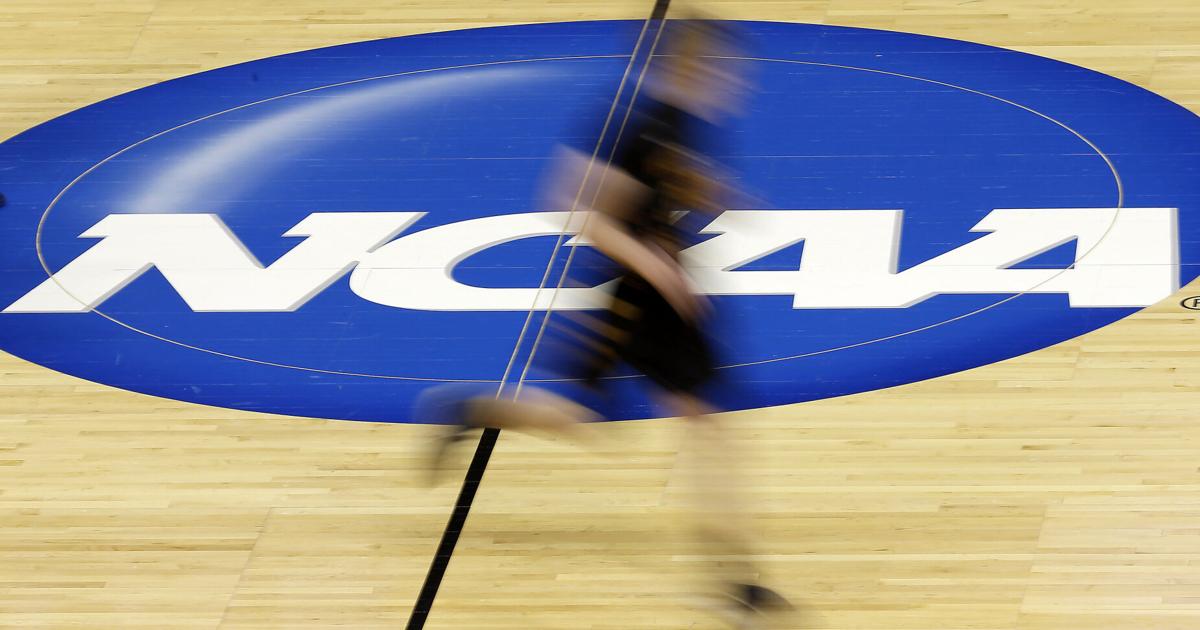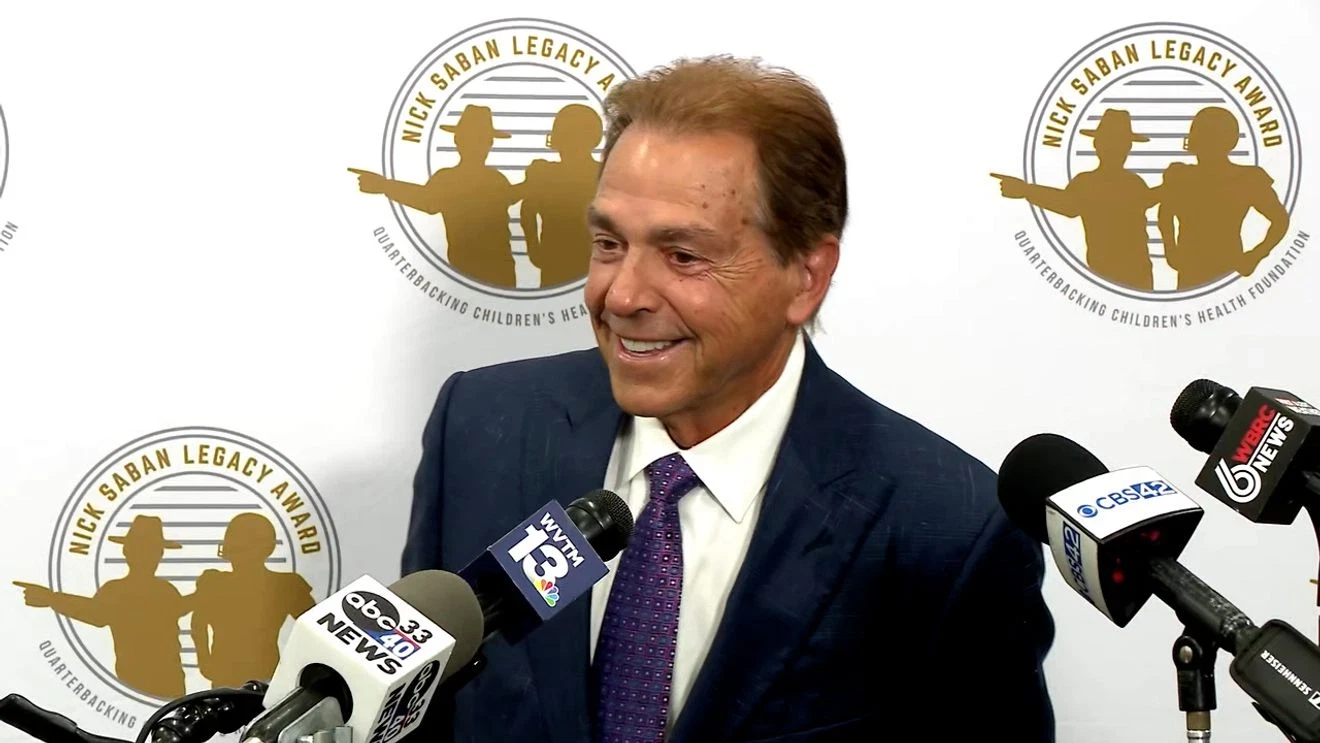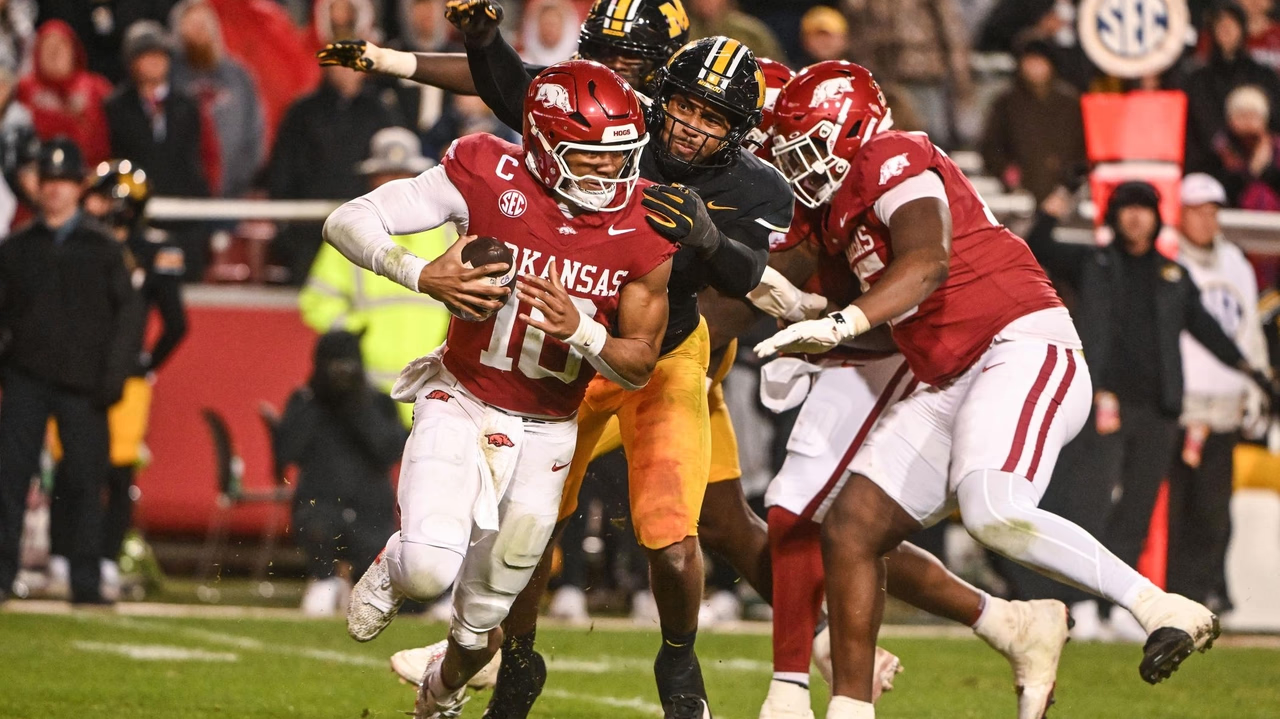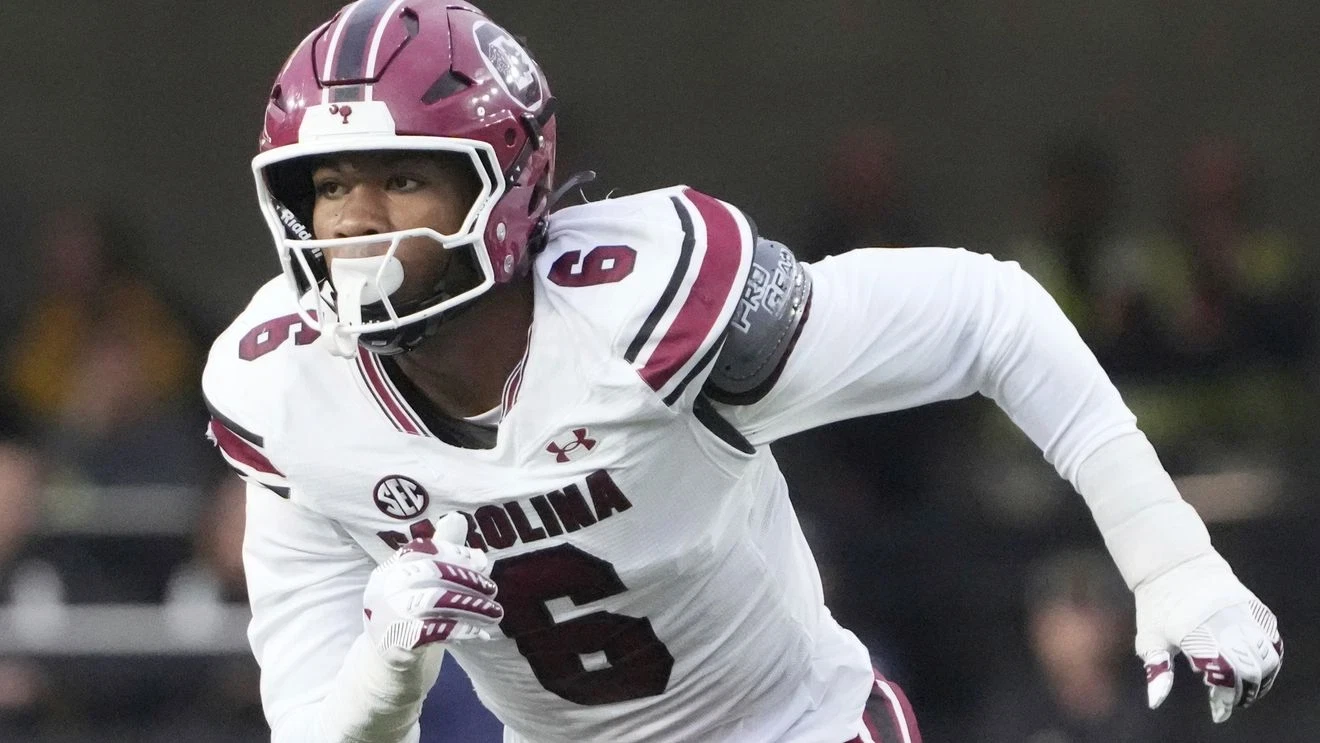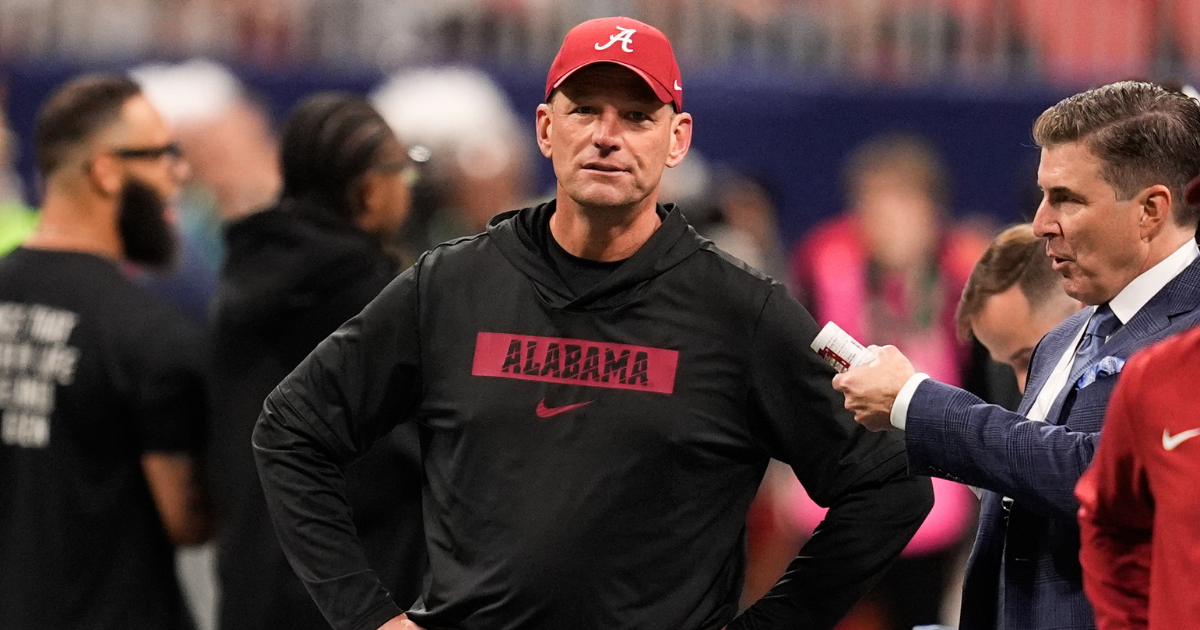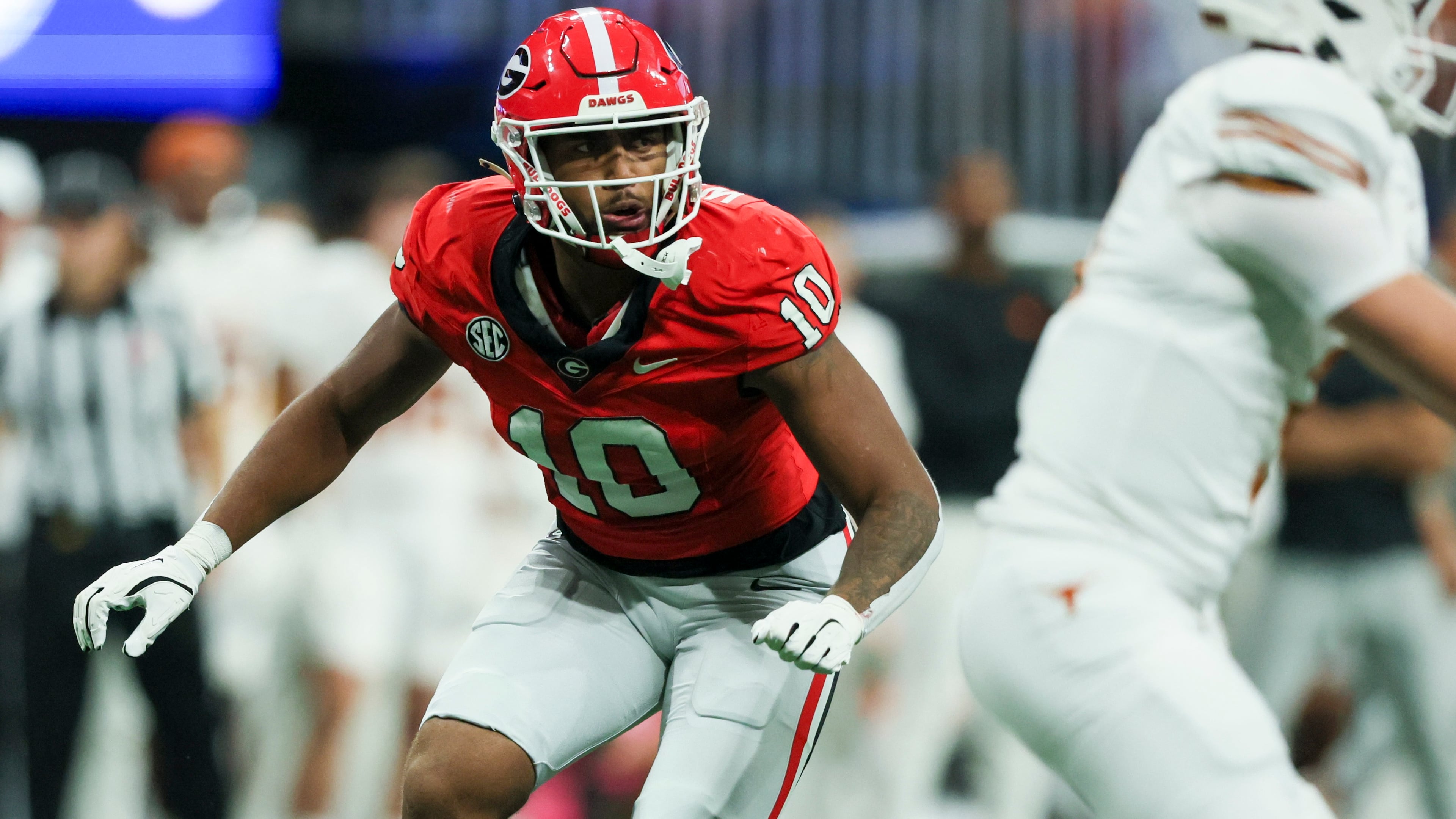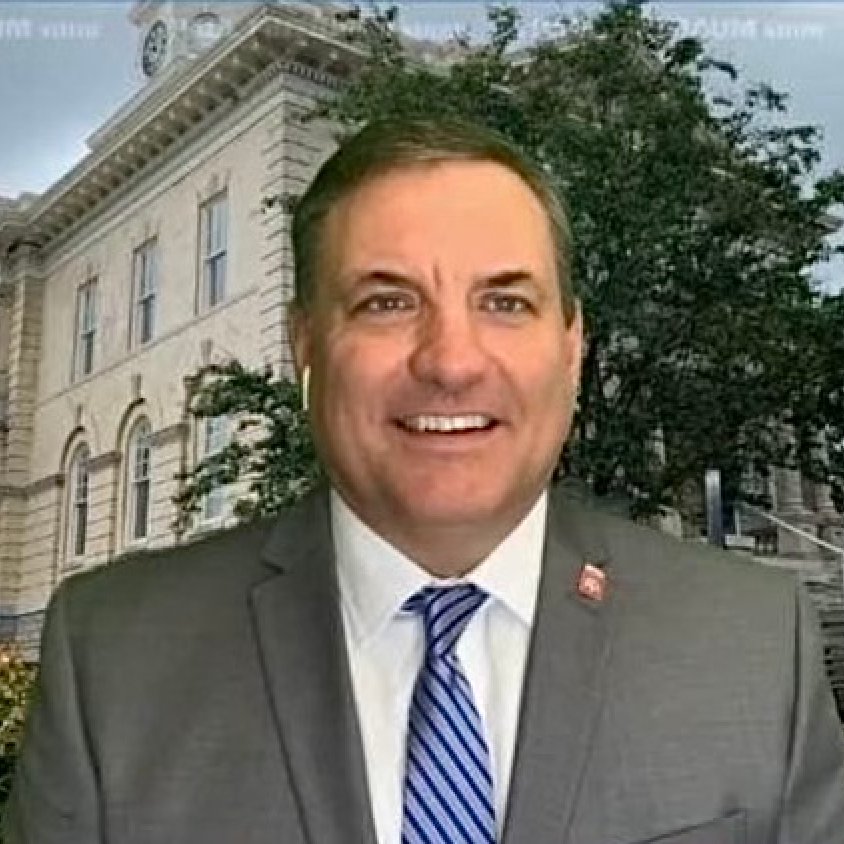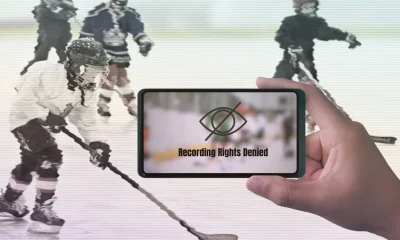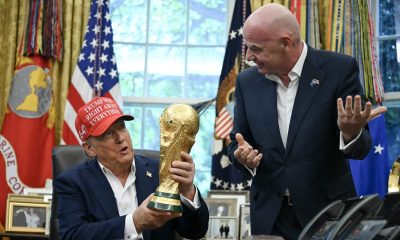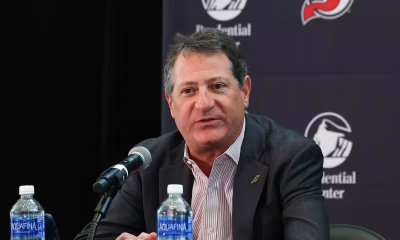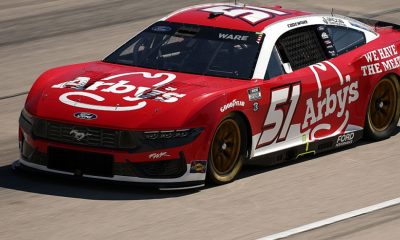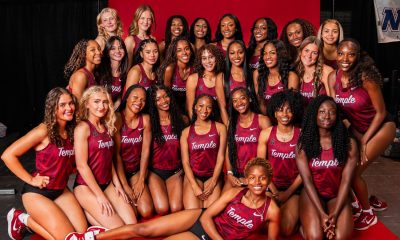MIRAMAR BEACH, Fla. (AP) — On the one hand, what this new version of cash-infused college sports needs are rules that everybody follows.
On the other, they need to be able to enforce those rules without getting sued into oblivion.
Enter the College Sports Commission, a newly created operation that will be in charge of counting the money, deciding what a “fair market” deal for players looks like and, if things go well, helping everyone in the system avoid trips to court whenever a decision comes down that someone doesn’t like.
With name, image, likeness payments taking over in college, this group will essentially become what the NCAA committee on infractions used to be – the college sports police, only with the promise of being faster, maybe fairer and maybe more transparent.
In a signal of what the CSC’s most serious mission might be, the schools from the four biggest conferences are being asked to sign a document pledging not to rely on state laws – some of which are more permissive of payments to players — to work around the rules the commission is making.
“We need to get out of this situation where something happens, and we run to our attorney general and file suit,” said Trev Alberts of Texas A&M, one of 10 athletic directors who are part of another group, the Settlement Implementation Committee, that is helping oversee the transition. “That chaos isn’t sustainable. You’re looking for a durable system that actually has some stability and ultimate fairness.”
Number crunching to figure out what’s fair
In this new landsacpe, two different companies will be in charge of two kinds of number crunching.
The first, and presumably more straightforward, is data being compiled by LBi Software, which will track how much schools are spending on every athlete, up to the $20.5 million cap each is allowed to distribute in the first year of the new arrangement expected to begin July 1.
This sounds easy but comes with the assumption that universities – which, for decades, have sought to eke out every edge they can, rulebook or no – will provide accurate data.
“Over history, boosters have looked for ways to give their schools an advantage,” said Gabe Feldman, a sports law professor at Tulane. “I think that will continue even with the settlement. It’s anyone’s guess as to how that manifests, and what the new competitive landscape looks like.”
Adding some level of transparency to the process, along with the CSC’s ability to deliver sanctions if it identifies cheaters, will be key to the new venture’s success.
“There’s legal risk that prohibits you from doing that,” Alberts said. “But we want to start as transparent as we can be, because we think it engenders trust.”
Good intentions aside, Alberts concedes, “I don’t think it’s illogical to think that, at first, it’s probably going to be a little wonky.”
How much should an endorsement deal be worth?
Some of the wonkiest bookkeeping figures to come from the second category of number crunching, and that involves third-party NIL deals. The CSC hired Deloitte to run a so-called clearinghouse called “NIL Go,” which will be in charge of evaluating third-party deals worth $600 or more.
Because these deals aren’t allowed to pay players simply for playing – that’s still technically forbidden in college sports — but instead for some service they provide (an endorsement, a social media shoutout and so forth), every deal needs to be evaluated to show it is worth a fair price for what the player is doing.
In a sobering revelation, Deloitte shared with sports leaders earlier this month that around 70% of third-party deals given to players since NIL became allowable in 2021 would have been denied by the new clearinghouse.
All these valuations, of course, are subject to interpretation. It’s much easier to set the price of a stock, or a bicycle, than the value of an athlete’s endorsement deal. This is where things figure to get dicey. Though the committee has an appeals process, then an arbitration process, ultimately, some of these cases are destined to be challenged in court.
“You’re just waiting to see, what is a ‘valid business purpose’ (for an NIL deal), and what are the guidelines around that?” said Rob Lang, a business litigation partner at Thompson Coburn who deals with sports cases. “You can see all the lawyer fights coming out of that.”
Avoiding court, coordinating state laws are new priorities
In fact, elements of all this are ripe to be challenged in court, which might explain why the power conferences drafted the document pledging fealty to the new rules in the first place.
For instance, Feldman called a law recently enacted in Tennessee viewed by many as the most athlete-friendly statute in the country “the next step in the evolution” of state efforts to bar the NCAA from limiting NIL compensation for athletes with an eye on winning battles for recruits and retaining roster talent.
“What we’ve seen over the last few years is states trying to one-up each other to make their institutions more attractive places for people to go,” he said. “This is the next iteration of that. It may set up a showdown between the schools, the NCAA and the states.”
Greg Sankey, the commissioner of the Southeastern Conference, said a league spanning 12 states cannot operate well if all those states have different rules about how and when it is legal to pay players.
The SEC has been drafting legislation for states to pass to unify the rules across the conference. Ultimately, Sankey and a lot of other people would love to see a national law passed by Congress that does that for all states and all conferences.
That will take months, if not years, which is why the new committee drafted the document for the schools to sign.
“We are all defendant schools and conferences and you inherently agree to this,” Alberts said of the document. “I sat in the room with all of our football coaches, ‘Do you want to be governed?’ The answer is ‘yes.’”
AP college sports: https://apnews.com/hub/college-sports

